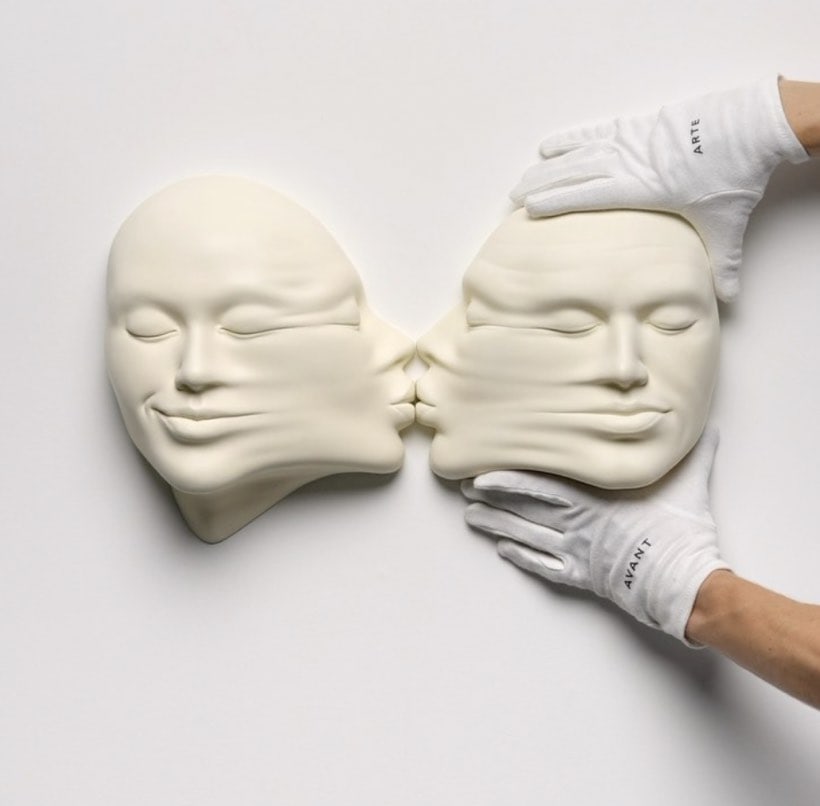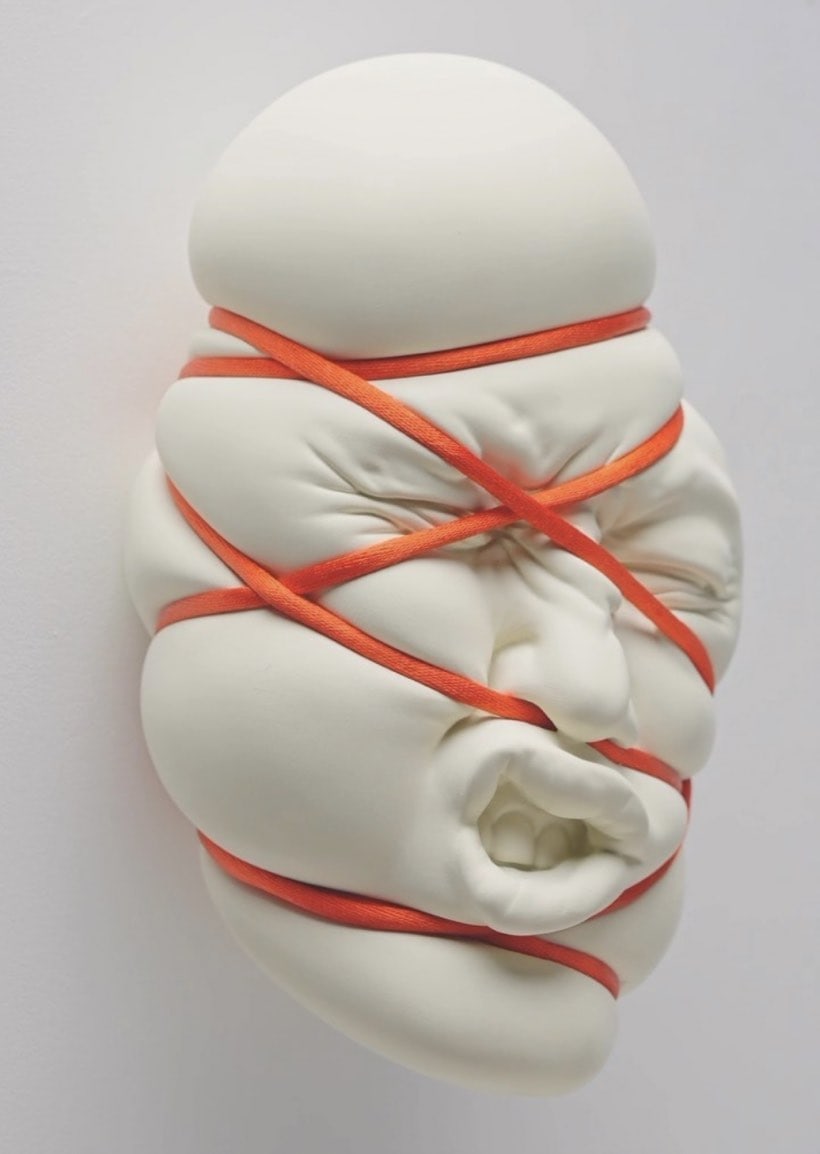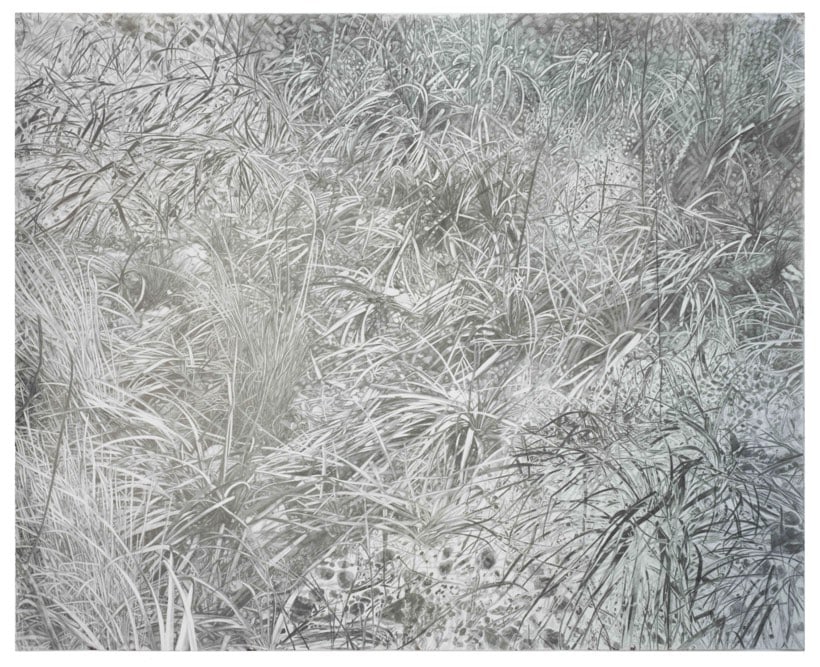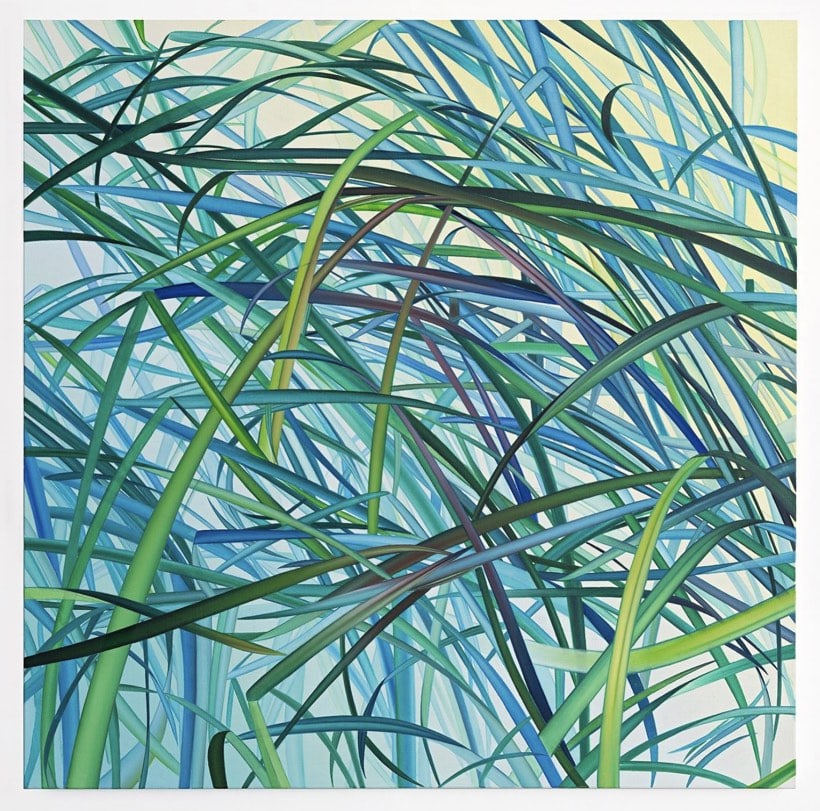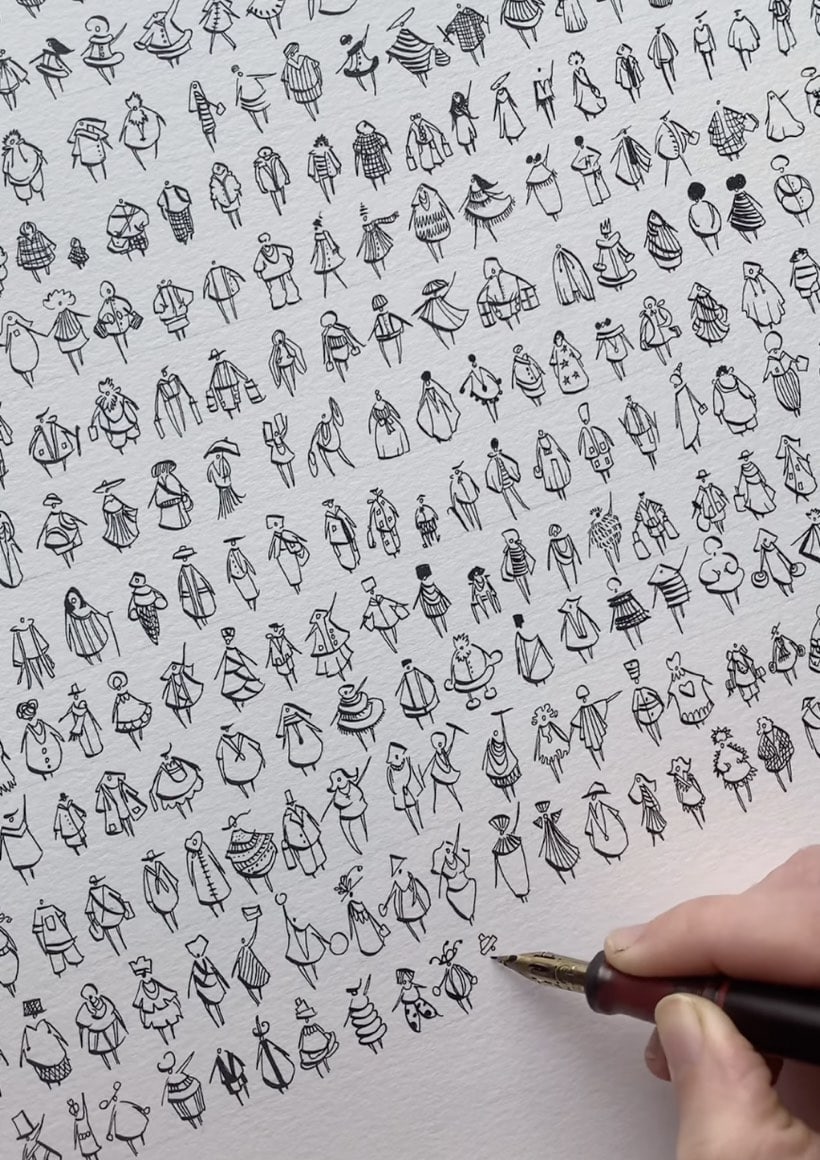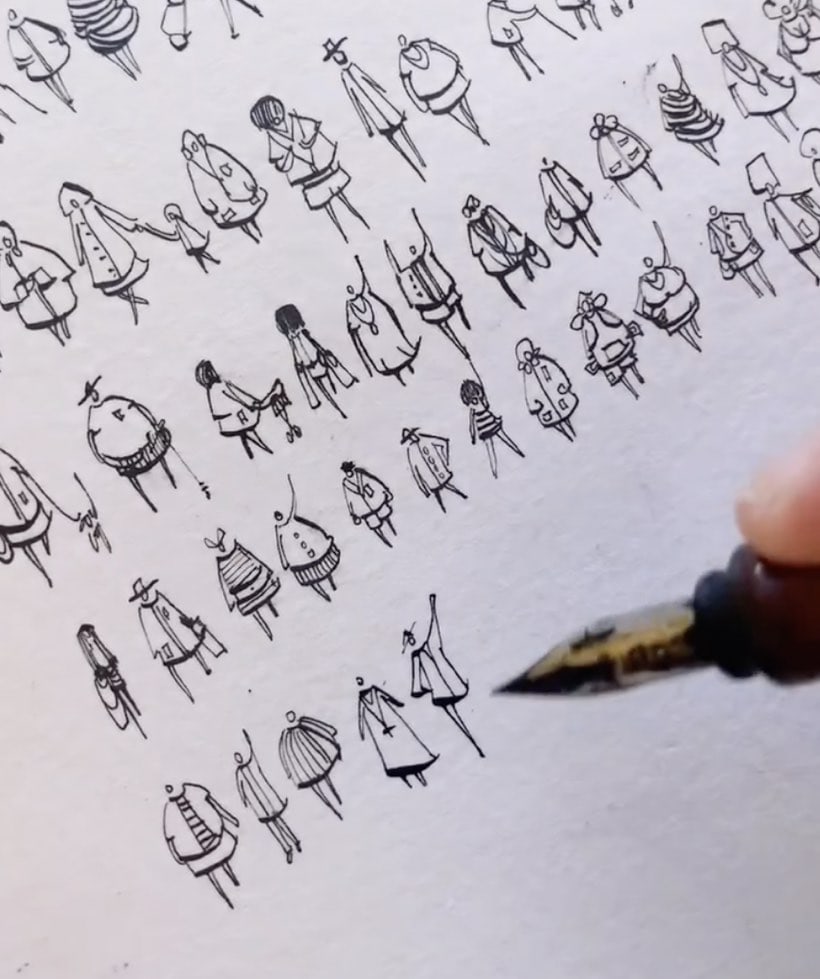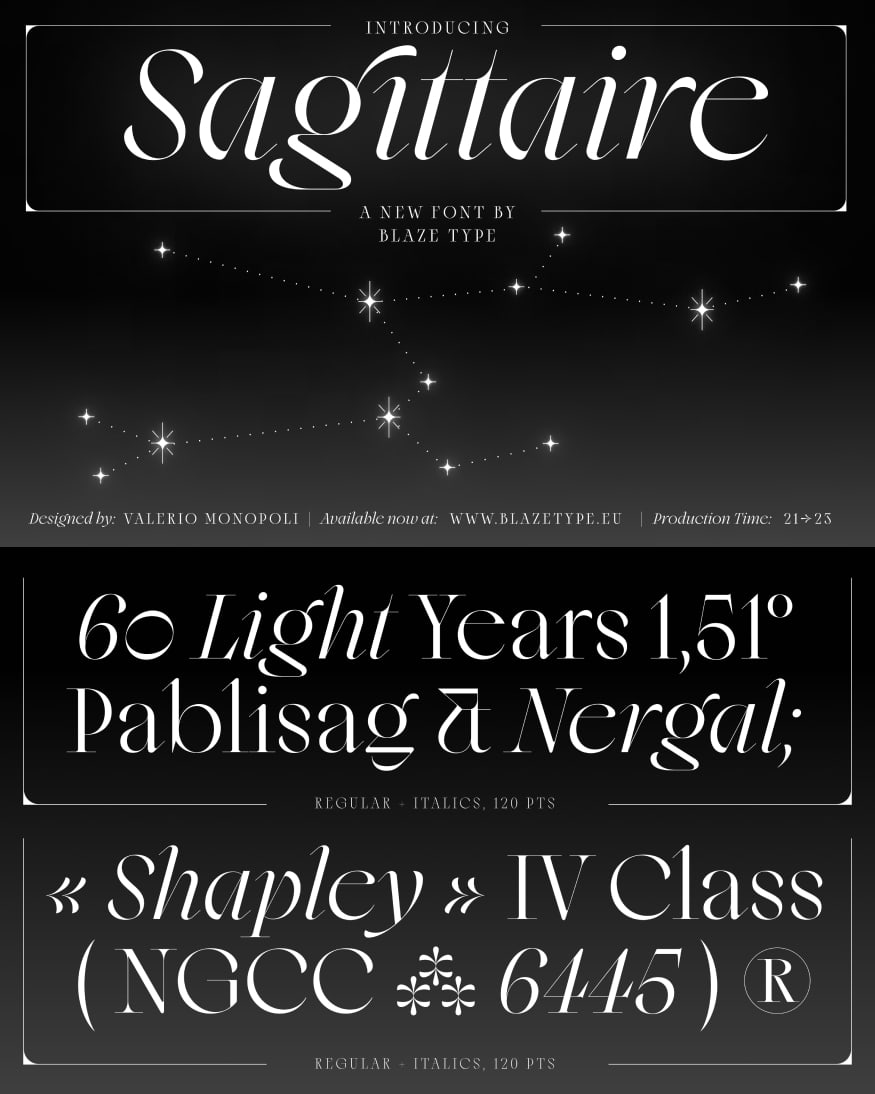 |
| |
|
|
|
We are living deep inside the ‘Consumer Story’, a foundational story of humans as inherently self-interested and competitive. It’s a story that has shaped not just individual behaviour but organisational design, economic theory, the role of government, morality – all of culture and society.
This is according to author and citizen advocate Jon Alexander. As he outlines in his book Citizens and his talks, he believes it’s time to change the Consumer Story into a ‘Citizen Story’ to take control of our collective agency and transform our communities, our institutions and our politics.
In two articles for the BBC and Psyche, Alexander and co-author Ariane Conrad argue that in today’s prevalent Consumer Story, self-reliance has become an extreme sport, leading us to pursue only our own self-interest.
“We define ourselves through competition. Along the way, our choices represent our power, our creativity, our identity – they make us who we are. Every organisation and institution, from businesses to charities to government, exists to offer these choices. All are reduced to providers of products and services. …
“We have such pervasive inequality that it threatens the safety of everyone (even the wealthiest), while the story says that our primary responsibility is to compete to hoard more. We have ecological breakdown, while the story insists that our identity and status rely upon ever-increasing consumption. We have an epidemic of loneliness and mental health challenges, yet the story tells us we stand alone.
“Every single day, we’re bombarded with messages that condition us to think of ourselves as consumers: independent and self-contained individuals rather than interdependent social beings. … When a local council has a ‘customer service hotline’, or a political campaign is interested only in harvesting clicks, it’s pushing us deeper into the Consumer Story.”
Before we accepted the Consumer Story, we lived in what the authors call the ‘Subject Story’: we were ruled by and dependent on authoritarian ‘strong men’ who offered protection in return for unquestioning loyalty. There are tendencies today to return to this story. That’s why Alexander believes it’s time to acknowledge, articulate and embrace a new story – the Citizen Story.
“In order to realise the citizen future, we must neither accept what we are given as the only possibility, as subjects do; nor throw our toys from the pram when we do not like what is on offer, as consumers do. As citizens, we must propose, not just reject. We must establish a foundation of belief in one another. We must start from where we are, accept responsibility, and create meaningful opportunities for each other to contribute as we do so. We must step up, and step in. …
“[The Citizen Story] is rooted in the insight that our agency is collective, not just individual; that we are defined by our fundamental interdependence, not our independence. … In order to survive and thrive, we must step into the citizen future. We must see ourselves as citizens – people who actively shape the world around us, who cultivate meaningful connections to their community and institutions, who can imagine a different and better life, who care and take responsibility, and who create opportunities for others to do the same.”
The BBC article lists a range of examples of communities and organisations that move the Citizen Story forward, while the Psyche piece offers a list of practical steps/considerations that help us ‘step up and step in’.
– Kai
|
| |
|
Become a Friend of DD today →
With a modest contribution of just $1.83 per month, you’re not only helping keep Dense Discovery going, you also receive special discounts, get access to the DD Index (a searchable catalogue of past issues) and a range of other benefits. Plus, it removes this message.
You receive this email because you subscribed to Dense Discovery, a weekly newsletter at the intersection of design, tech, sustainability, urbanism and more. Writing to you from Melbourne is Kai Brach. Do you have a product or service to promote in DD? Find out more about advertising in DD.
|
| |
Effortless Language Learning SPONSOR
|
Read a story, learn a language.
Tired of repetitive and stale language practice apps? Prismatext lets you pick up a new language naturally while you read your favourite books. We select the most useful words for you to learn, and introduce them at the right time. No study time needed – just keep reading!
|
|
| |
Apps & Sites
|
‘Small town’ social network
|
|
An interesting approach to a smaller, more community-focused social network that caps the number of connections you can make: “150 is Dunbar’s Number – or your brain’s limit of meaningful relationships. Converse with your friends (up to 150 people) and your friends’ friends (up to 20,000 people). No ads, no brands, no strangers for just $2 per month with the first year free.”
|
|
Central, open-source photo storage
|
|
To backup your photos outside of Apple’s or Google’s walled garden, use PhotoFolder to store them in a regular folder, then sync it with any cloud provider or even save it on a USB drive. Location, faces and objects are stored in the file’s metadata.
|
|
Smart audio-to-text converter
|
|
With the Talknotes iOS app or web app, you convert relatively unstructured dictated notes into various, more practical text formats. For example, briefly outline the main topics of an email, then select ‘email’ as the output format, and Talknotes will turn it into an email with proper intro and sign-off.
|
|
Visualising regional differences
|
|
An interesting interactive visualisation that lets users compare the performance of one area – a country, region, or income level – to its counterparts across a wide range of metrics.
|
|
| |
Favourite Books: Craig Thompson
|
|

Five book recommendations by warehouse operative and freelance designer Craig Thompson
|
|
by Ayọ̀bámi Adébáyọ̀
The story blends the narratives of two Nigerian families creating a novel complex in themes, yet remaining a joy to read. I like how unflinching she is when writing about the horrors and heart-break many Africans suffer.
by Neal Bascomb
As a runner, I love this book but an interest in athletics is not needed. This is sports writing at its very best. It follows three of the best milers in the world racing to be the first sub-four-minute miler – whilst juggling their day jobs – and their eventual historic showdown.
by Aleksandr Solzhenitsyn
This book takes on the point of view of different patients in a Soviet-era cancer ward. From government officials to convicts and immigrants; I love how each character is stripped of their ego and forced to confront their fears and prejudices.
by Robert Galbraith
The J.K. Rowling penned detective series gets better with every book. Both my mum and I have read the whole series. We love the dynamic between the lead characters, a paraplegic army vet and a country girl – will they end up together?
by Tom Wolfe
A classic that’s a blast to read. Documenting the lives of the first astronauts and the historic Mercury Mission. It’s very funny in places and puts you in the thick of it.
(Did you know? Friends of DD can respond to and engage with guest contributors like Craig Thompson in one click.)
|
|
| |
Books & Accessories
|
How to change our craving mindset
In his newest book, Michael Easter argues that the scarcity mindset we inherited from our ancient ancestors – who had to constantly seek and consume to survive – has come back to hurt us in an age of abundant food, information and entertainment. “Our world is overloaded with everything we’re built to crave. The fix for scarcity brain isn’t to blindly aim for less. It’s to understand why we crave more in the first place, shake our worst habits, and use what we already have better. Then we can experience life in a new way – a more satisfying way.”
|
|
Why elections stand in the way of genuine democracy
For some time now I’ve been fascinated by the idea of sortitions & citizen assemblies (see DD209 and DD220) to replace the traditional electoral process. Terry Bouricius is an internationally known political theorist with a focus on sortitions and is in the process of writing a book about it – by sharing each chapter via email. The working title for his book is The Trouble With Elections, and you can read the first eight chapters by subscribing to his Substack.
|
|
| |
Overheard on Mastodon
|
|
Protip: browsing and borrowing from your local library can satisfy the shop therapy part of your brain without costing you money
|
| |
Food for Thought
|
|
As I describe in my intro, Jon Alexander and co-author Ariane Conrad with a compelling vision of a society that embraces its agency as citizens, not just consumers. “As the certain world is replaced by great uncertainty, the risk is that we cling to what we know more than ever. The gravitational pull of the familiar exerts itself, no matter how dysfunctional we know the familiar to be. When we recognise this, we can hold the space for this collapse and this transition more gently, more respectfully, with greater care. Otherwise, anxiety flips into anger, and people lose trust and faith in one another and their institutions. The result risks becoming a vicious cycle: as the challenges of our time intensify, we trust our leaders less, the outlets we seek in our dissatisfaction – such as anti-scientific beliefs, or conspiracy theories – become more extreme, and our leaders in turn trust us less. They become yet more inclined to stick to what they know – the old stories – denying us agency as they engage in futile attempts to solve the challenges for us, without us.”
|
|
|
A practical and complementary piece to the above: Jon Alexandar believes that collective agency, rather than individual self-interest, is the key to making positive change in society. He offers a list of advice on how to fully step into your role as a citizen. “Even as the Consumer Story collapses and threatens to take us down with it, the Citizen Story is rising, across the world and in every sector of society. It is rooted in the insight that our agency is collective, not just individual; that we are defined by our fundamental interdependence, not our independence.”
|
|
|
David Cain points out the infinite details of almost everything in our daily lives. If we dare to zoom in and explore them at a higher resolution, we gain a much better, deeper understanding. When it comes to making conclusions and forming worldviews, however, we often rely only on very low resolution information. “The Information Age is clearly pushing us towards low-res conclusions on questions that warrant deep, long, high-res consideration. Consider our poor hominid brains, trying to form a coherent worldview out of monetized feeds made of low-resolution takes on the most complex topics imaginable – economic systems, climate, disease, race, sex and gender. Unsurprisingly, amidst the incredible volume of information coming at us, there’s been a surge in low-res, ideologically-driven views: the world is like this, those people are like that, X is good, Y is bad, A causes B. Not complicated, bro.”
|
|
| |
Aesthetically Pleasing
|
|
Hong Kong artist Johnson Tsang’s works mostly employ realist sculptural techniques accompanied by surrealist imagination to arouse curiosity and distress.
|
|
|
Greek artist Sofia Nifora draws inspiration from the idyllic landscapes of her upbringing in rural Greece. Top: pencil on paper; bottom: oil on linen.
|
|
|
Deville is a Vancouver-based illustrator whose mega-cute, playful drawing project Everyone I’ve Met caught my attention: “Everyone I’ve Met has been a months-long, whimsical endeavour by Deville to draw everyone the artist has ever met. The result is a hand-drawn language of over 1,000 characters, each equally expressive and unique.” Prints available from their shop.
|
|
|
The beautiful Sagittaire is an elegant, decorative serif family with “feather-like terminals that bloom from orthogonal stems, flowing gracefully into sharp arrowheads that pierce the reader’s eye in the lightest cuts, only to gradually soften up across the 3 styles (Display, Standard, Text) for a total of 48 weights.”
|
|
| |
Notable Numbers
|
|
In October 2023, EVs made up 84% of new passenger car sales in Norway. Only 4% of sales were petrol- or diesel-powered cars.
|
|
|
Urban sprawl is expensive. Compact development costs, on average, 38 percent less in up-front infrastructure than ‘conventional suburban development’ for things like roads, sewers and water lines. It costs 10 percent less in ongoing service delivery by reducing the distances law enforcement or garbage trucks must travel to serve residents. And compact development produces on average about 10 times more tax revenue per acre.
|
|
|
Data from the EPA reveals that in 2018 some 36 million tons of plastic were produced in the US, of which only 8.7% was recycled. Since plastics take anywhere from 20-500 years to degrade, and a total ~4.9 billion tons of the material over all time is estimated to have been discarded after one use, reprocessing all this rubbish using current methods would take centuries.
|
|
| |
Classifieds
|
|
Therapy for creative professionals? Creative direction with mental health support? The Pack’s subscription-based creative consulting helps you & your next opus level up together.
Plants instead of plastic: Questioning current norms is the driving force behind QWSTION’s functional everyday bags made from banana fibre.
Creativity is a skill anyone can develop over time rather than a talent one is born with. See how others incorporate creative processes into their daily lives, enabling growth.
Building Better Teams is a new book that helps founders & leaders build world-class teams – with people-first principles. Remotely or in the office. This week on sale on Amazon!
|
|
Classifieds are paid ads that support DD and are seen by our 35,000 subscribers each week.
Book yours →
|
|
| |
The Week in a GIF
|
|
Reply with your favourite GIF and it might get featured here in a future issue.
|
|
| |
|
DD is supported by Friends and the modern family office of  . .
|
| |







